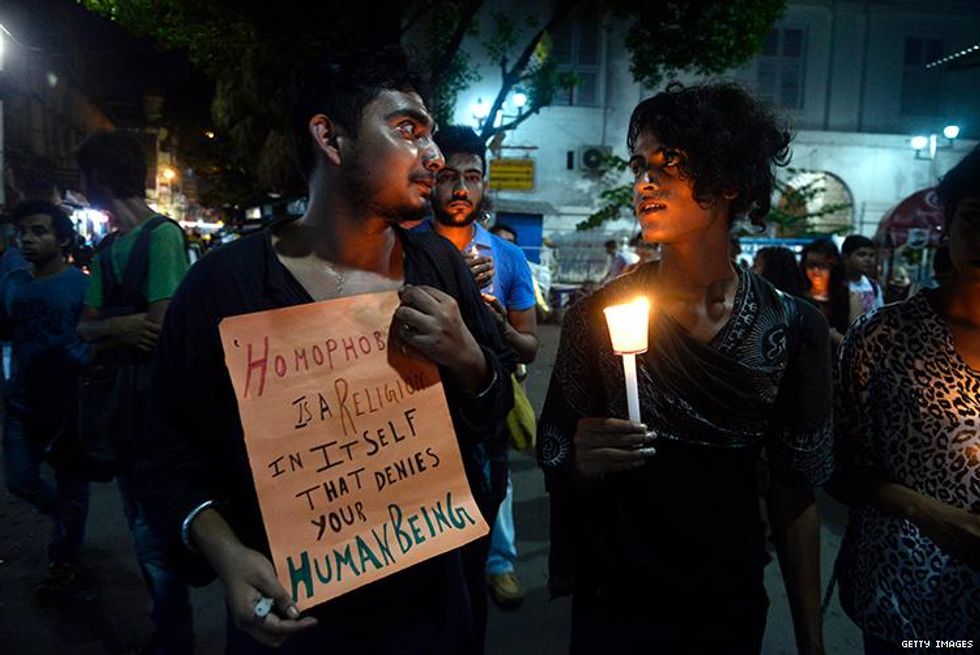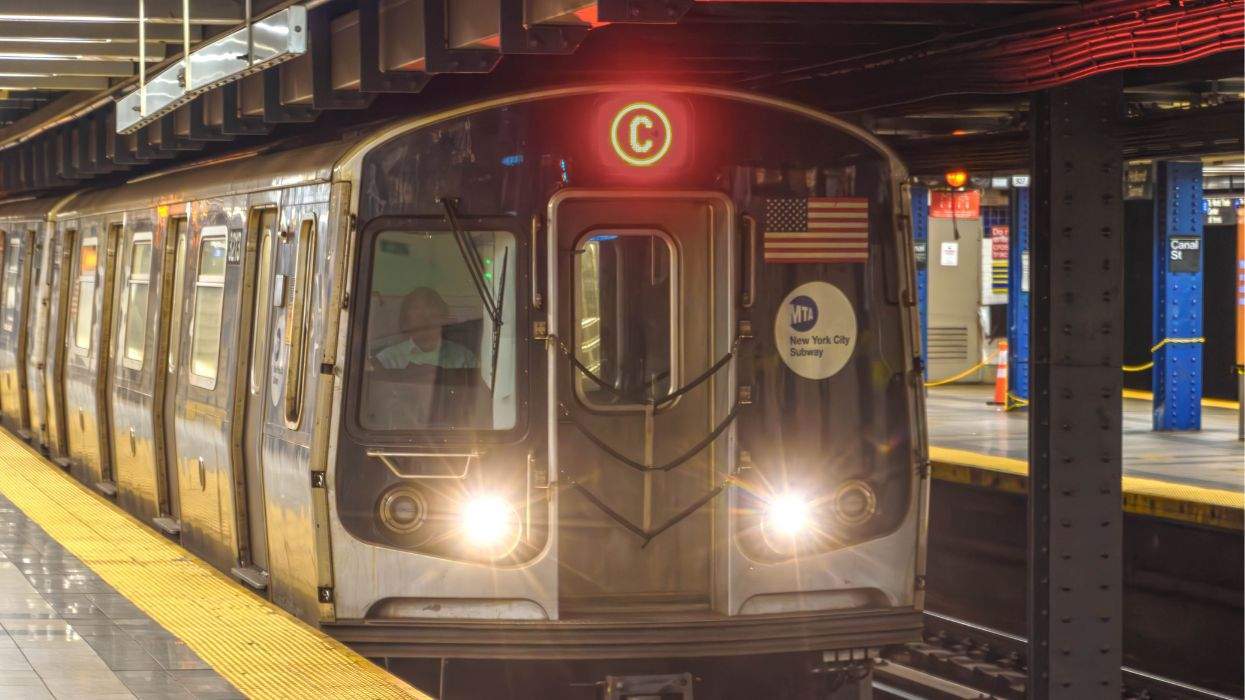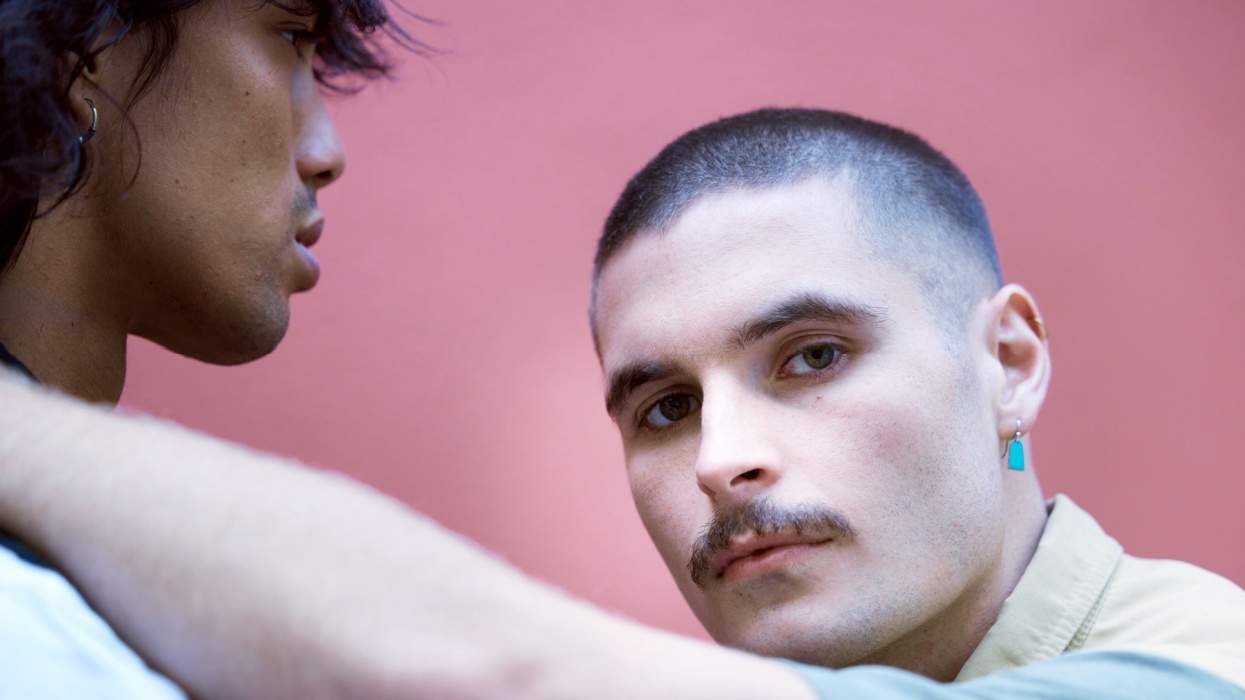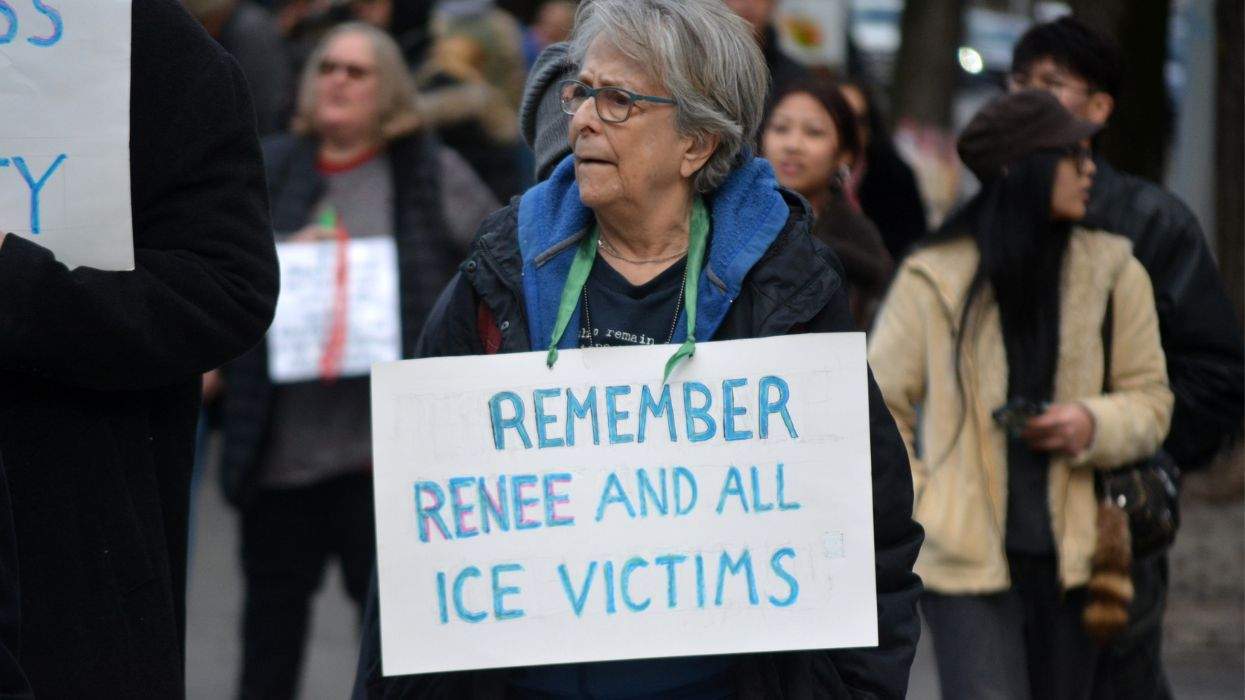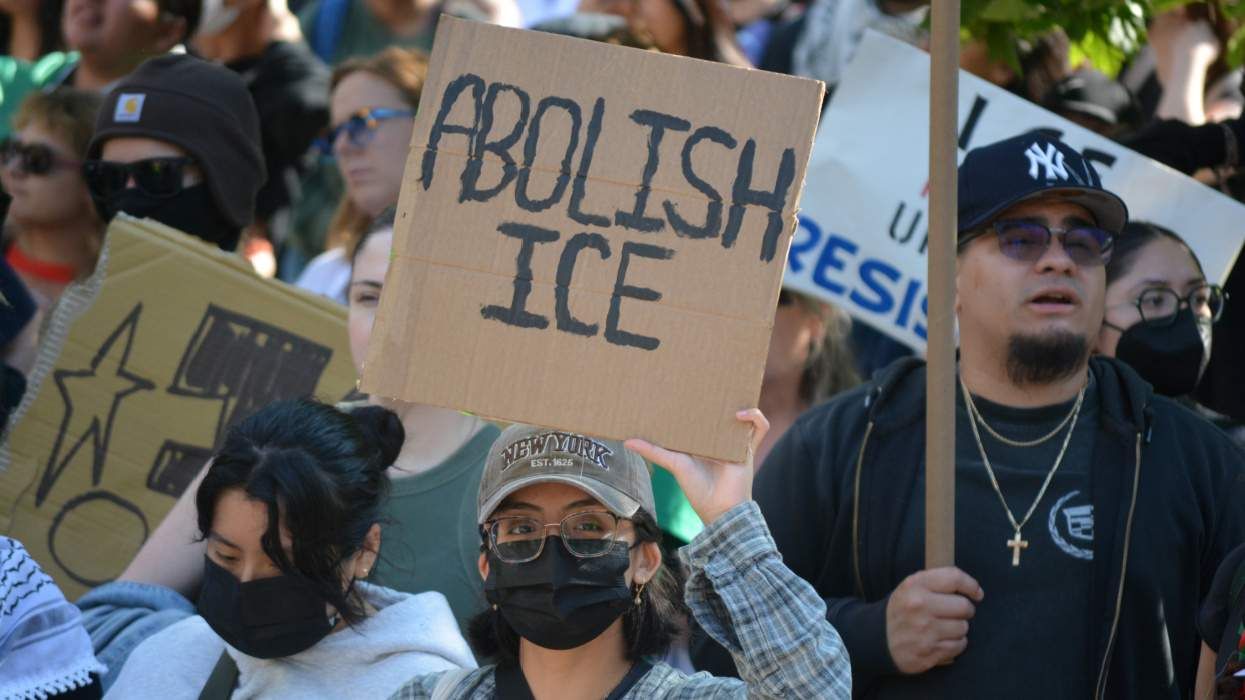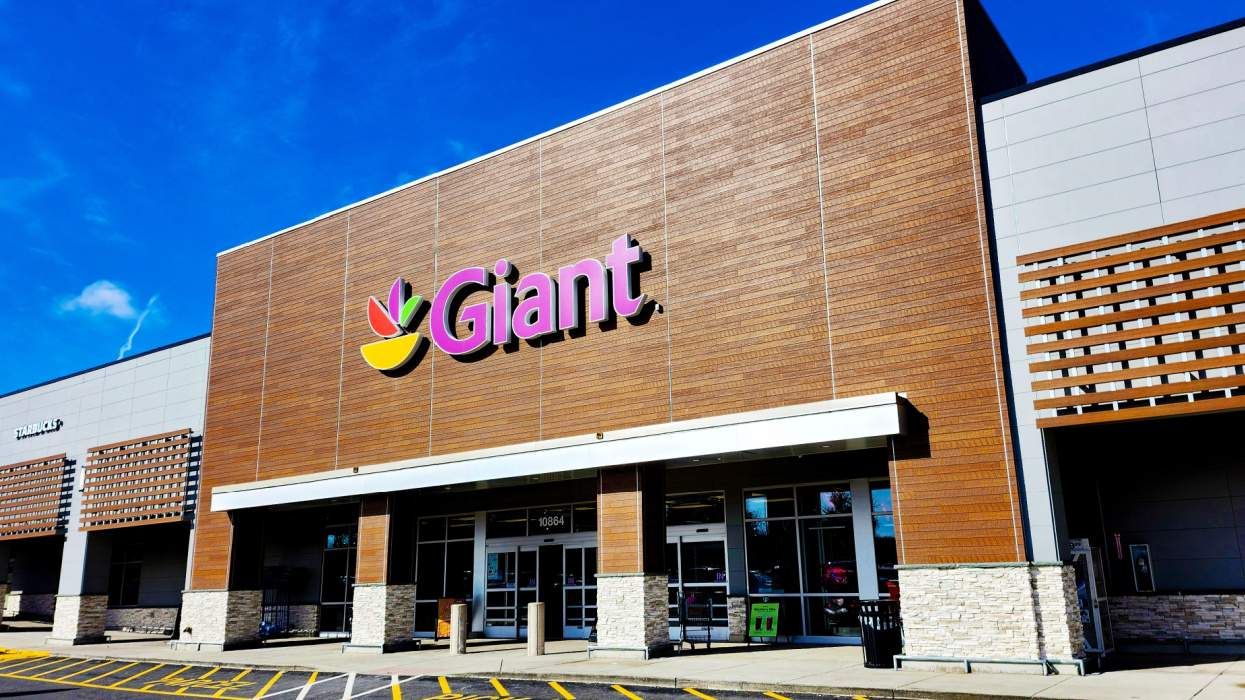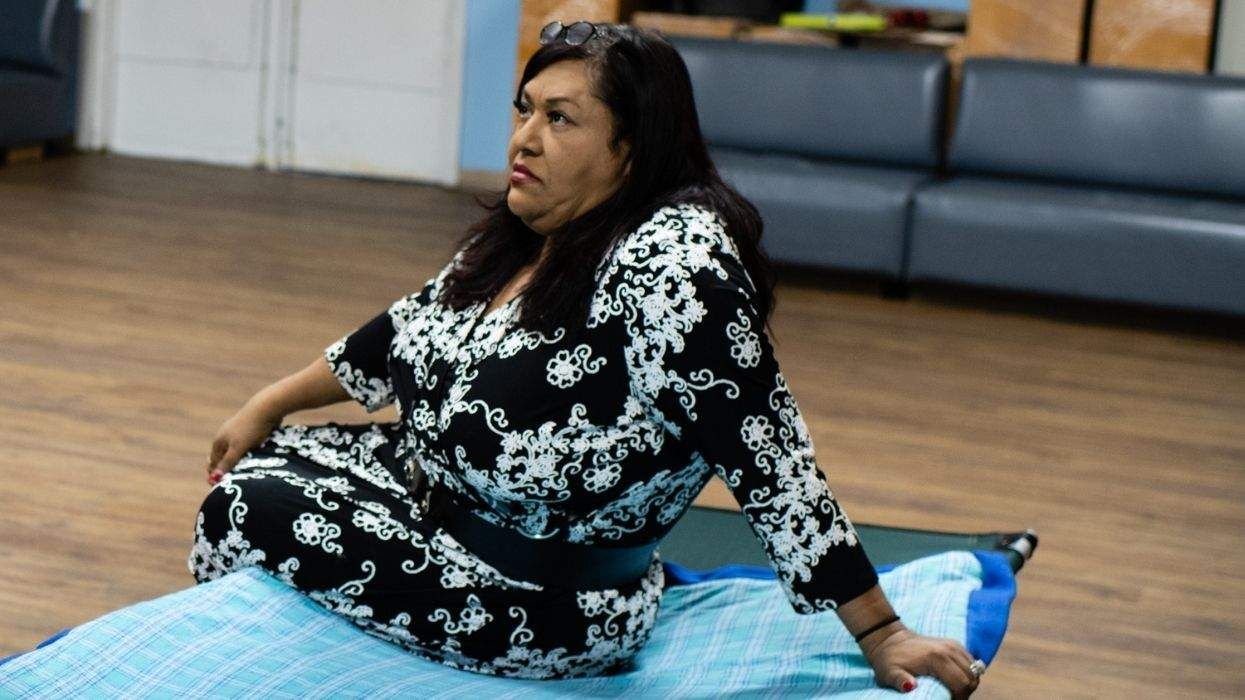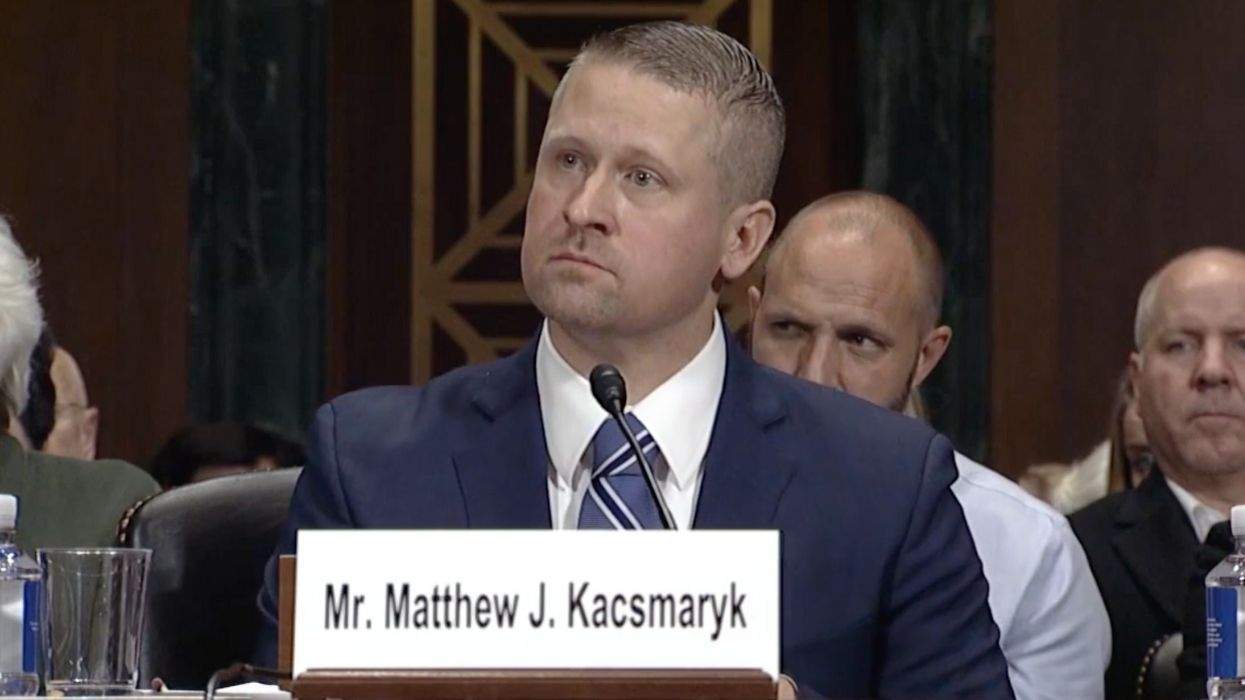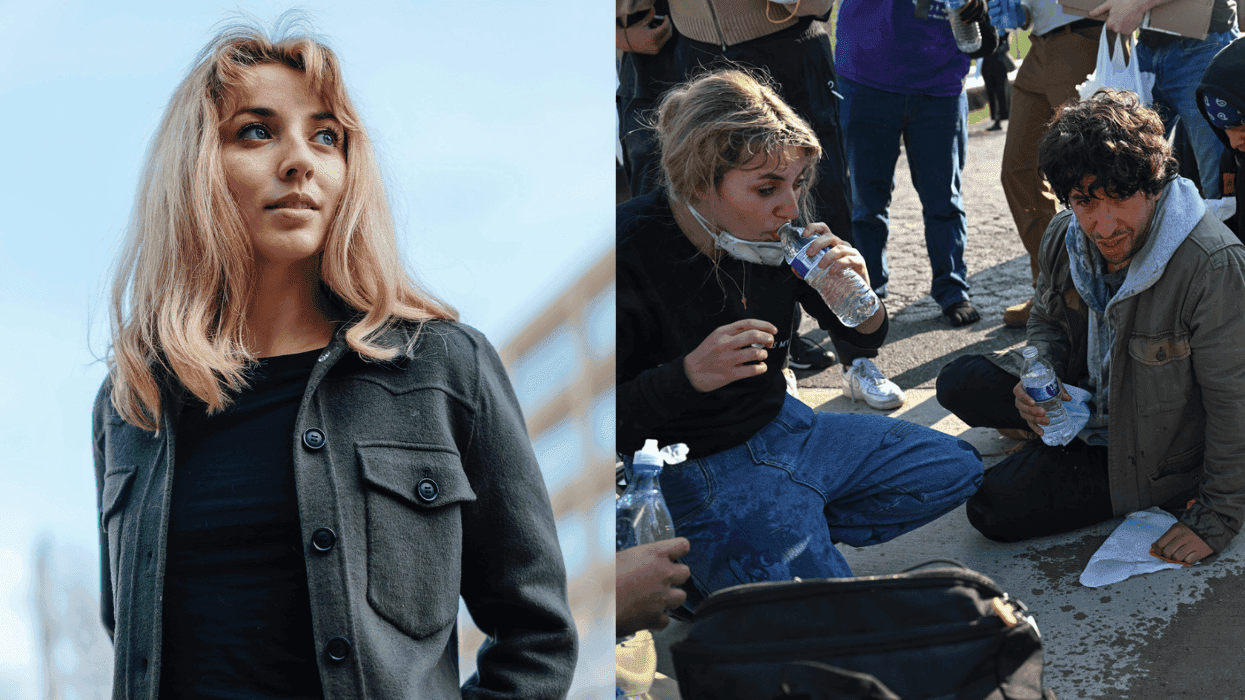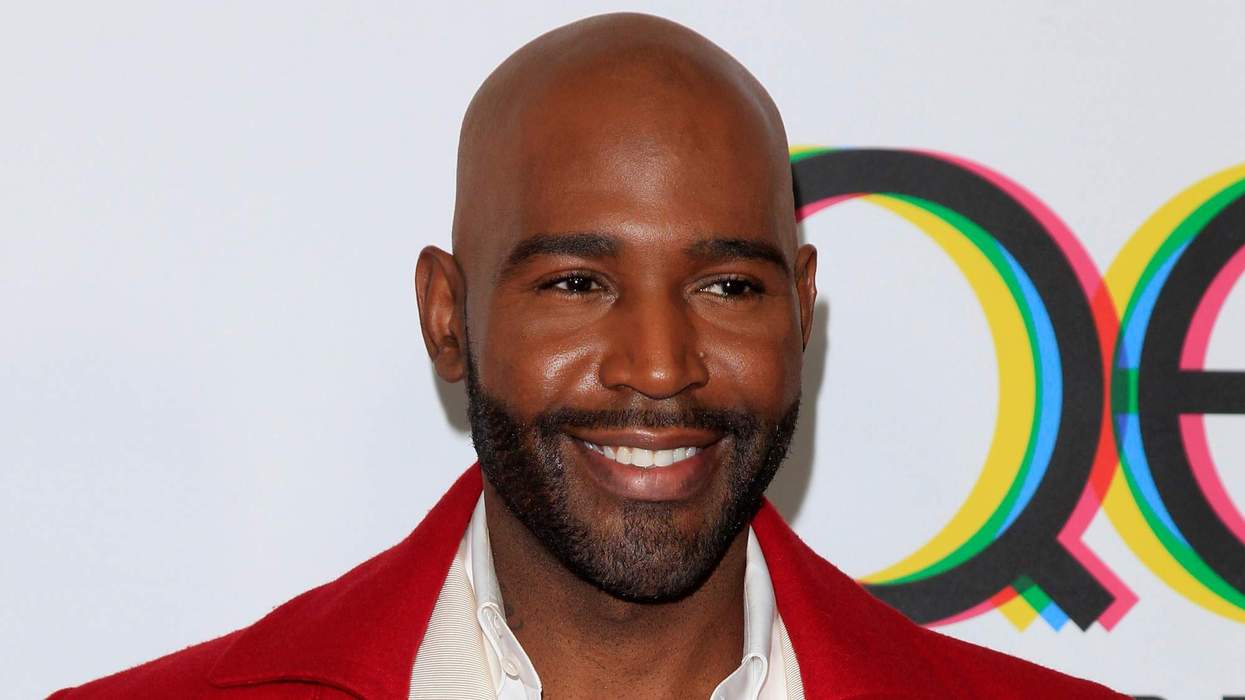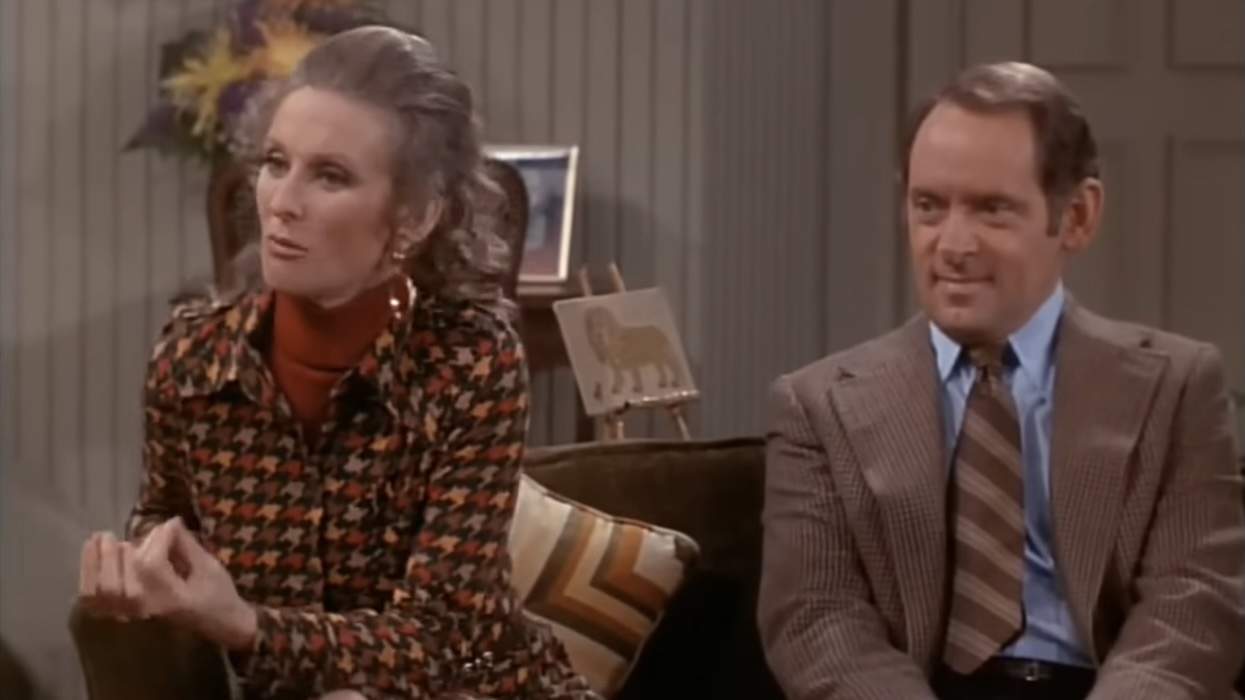Eight members of a radical group with ties to al Qaeda have been charged with the murder of two LGBTQ activists in Bangladesh, several media outlets reported today.
Xulhaz Mannan, founder and publisher of Bangadesh's first gay magazine, Roopbaan, and actor Mahbub Rabbi Tonoy were hacked to death at Mannan's home in Dhaka, the nation's capital and largest city, in April 2016. Ansar al Islam, the regional arm of al Qaeda, claimed credit for the attack. Its members gained access to his home by pretending they were delivering a package.
"We have put charges against eight people," Masudur Rahman, deputy commissioner of the Dhaka Metropolitan Police, told Reuters. "All of them are members of the Ansar al Islam." The police have arrested four of them and are searching for the others.
Ansar al Islam targets people it considers to be enemies of Islam. These include journalists, members of other religions, and foreign aid workers, but its priority is attacking LGBTQ people, the U.K.'s Telegraph reports.
In 2015, members of the group killed Avijit Roy, a blogger who wrote a book on homosexuality. Ansar al Islam was also likely responsible for the murders of Faisal Arefin Dipan and Shahjahan Bachchu, both liberal writers, according to the Telegraph.
Al Qaeda urged Ansar al Islam to kill Mannan and Tonoy because they were "promoting homosexuality" in Bangladesh, the paper reports. Mannan, in addition to publishing his magazine, organized the nation's first Pride rally, and both he and Tonoy worked for the U.S. Agency for International Development.
Prime Minister Sheikh Hasina is from a secular party, but she has generally ignored violence against Bangladesh's LGBTQ population. The queer community is endangered as an increasing number of people in the nation adopt an ultraconservative form of Islam, the Telegraph notes. Same-sex relations remain criminalized under a law dating from the British colonial era. Police harassment is common; for instance, in 2017, 28 transgender people were arrested and publicly shamed in front of the press.

